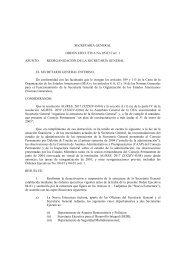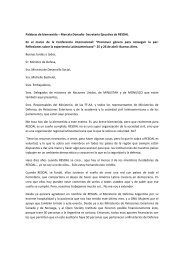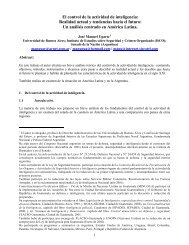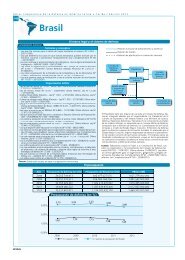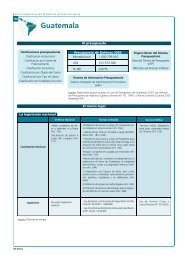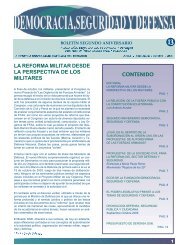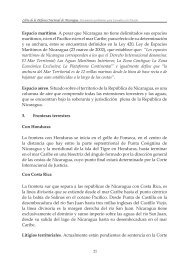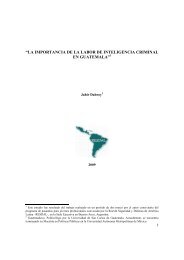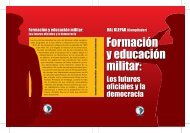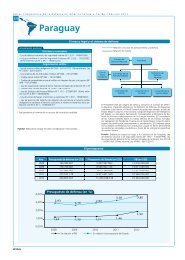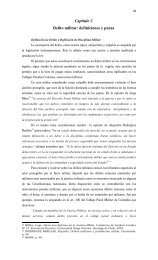Gender Mainstreaming In Peacekeeping Operations ... - Resdal
Gender Mainstreaming In Peacekeeping Operations ... - Resdal
Gender Mainstreaming In Peacekeeping Operations ... - Resdal
Create successful ePaper yourself
Turn your PDF publications into a flip-book with our unique Google optimized e-Paper software.
sensitization through centralized radio programmes in Monrovia<br />
complemented localized sensitization.<br />
To sustain this partnership over the life of the DD process, it<br />
was essential to involve women’s networks for reporting<br />
and monitoring activities to address problems of female excombatants.<br />
It was an approach that worked because, according<br />
to stakeholders, the community trusted the NGO networks, and<br />
shared their problems with them. Networks, then carried the<br />
message they heard back to UNMIL, resulting in redress for the<br />
grievances of women.<br />
Advocacy for WAFFs in the DDRR process and the accompanying<br />
sensitization and awareness campaigns resulted in the inclusion<br />
22,300 women among the 101,000 disarmed and demobilized excombatants<br />
(as compared to the initial estimate of 3,000 female<br />
combatants) 6 . The reintegration phases began in November<br />
2004, under the leadership of the Joint Implementation Unit<br />
(JIU), with funds from the Multidonor Trust Fund administered<br />
by UNDP and parallel programmes funded by the European<br />
Commission and the United States Agency for <strong>In</strong>ternational<br />
Development (USAID). By the end of the programme however,<br />
approximately 60,000 of the eligible 98,000 ex-combatants<br />
had completed the second phase; of that number, 10,000 were<br />
females. The final or third phase was extended to accommodate<br />
approximately 7,202 demobilized combatants who had not<br />
received assistance during the previous phase (2008-2009).<br />
Over 22% of the beneficiaries were women, which reflected their<br />
overall participation in the DDRR programme. 7<br />
Centrally, UN agencies were organized to facilitate aspects of<br />
DDRR where they had a comparative advantage. UNFPA was<br />
designated to respond to the need for reproductive health and<br />
6 UNDP, DDRR Report.<br />
7 UNDP, DDRR Report.<br />
14




